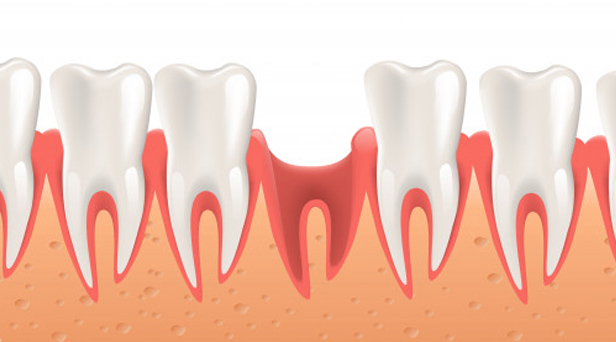Extractions
What are Extractions?
Extractions involve complete removal of one or more teeth. Teeth may need to be extracted because they’re severely decayed, or if they’re loose because of gum disease or trauma. Certain extractions are required because leaving the tooth in could pose a larger problem to your oral health, as it is no longer a functional, healthy tooth. This is the case with most patients who need wisdom teeth removed. The majority of extractions can be done in-office, and are quick, comfortable, and convenient. It is important to follow all post-op care instructions to promote healing of the surgical site.

Why might you need Extractions?
Before an extraction is performed, you’ll need to come in for an exam. The exam involves a complete check of the tooth needing to be removed, which is necessary to determine the best method for extracting it. X-rays are often needed, and in some cases, a CT scan is required to check nearby nerve pathways. CT scans are typically only necessary for more complicated extractions, such as wisdom teeth. Some reasons you’ll need an extraction include:
- One or more teeth shows signs of severe decay
- You have advanced periodontal disease that has caused your teeth to become loose
- You have wisdom teeth that are unable to come in properly
- Your child has baby teeth that are having difficulty coming out on their own
- The tooth cannot be saved any other way, or you don’t want to try to save the tooth

What makes you a candidate for Extractions?
Extractions are safely done in-office, and can provide you with the pain relief that you require if a tooth has become a problem. You may need extractions prior to being fitted for a denture appliance, and this surgery will need to be done before the denture can be made for you. In some cases, full sedation is necessary to make you more comfortable when complicated extractions are performed, or if you’re going to be having multiple teeth extracted at the same time. Before any extraction is done, you’ll come in for a consultation and exam, with x-rays taken as part of your diagnostic treatment plan.
What can you expect when having a tooth Extracted?
You’ll come into our office and receive anesthetic or sedation of your choosing. Some patients like to be fully sedated for the procedure so that they experience no discomfort whatsoever. Dr. Bassiri then uses a variety of tools to carefully remove the tooth from its socket. Sutures may be needed to close up the area, and you’ll be instructed to bite down on a piece of clean gauze. You’ll be provided with aftercare instructions and may be prescribed a pain reliever if it is needed. If you experience any type of post-operative complication, be sure to contact our office immediately. Dry socket is one of the most common post-surgical problems; it is caused by using straws or smoking, which pulls the healing blood clot from the tooth’s socket.

We look forward to seeing you
If you think you need an extraction, or want to know more about this procedure, call us today, and we can help to answer your questions.

